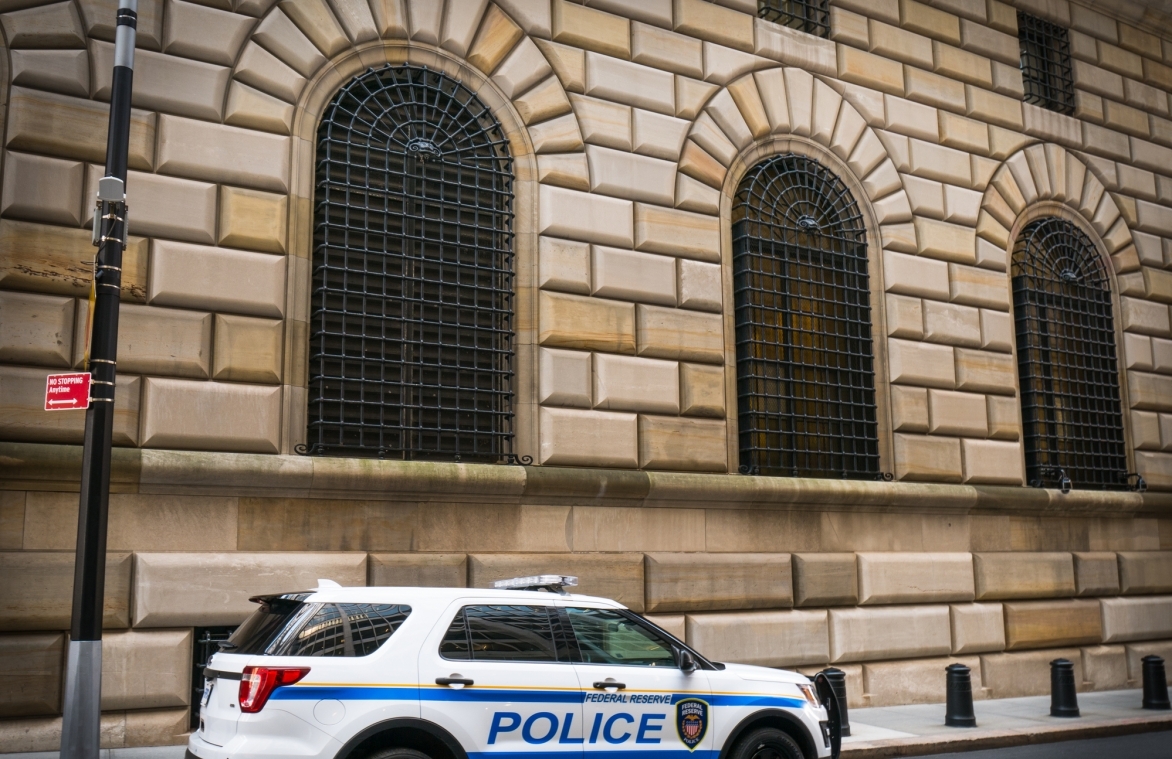A former police officer in Maryville, Tenn., did not have a First Amendment right to make social media posts critical of the sheriff, a federal appeals court has ruled.
The appeals court reasoned that the city and its police department’s interests in maintaining a good working relationship with the sheriff’s department trumped the former officer’s free-speech rights.
Shaina Kirkland worked as a patrol officer with the City of Maryville’s police department. She previously had worked as a corrections officer in the Blount County Sheriff’s Office. She did not get along with the Blount County Sheriff James Berrong. In fact, Berrong later banned Kirkland from attending future Sheriff’s Office training events.
As a Maryville police officer, Kirkland made several Facebook posts critical of Berrong. She was warned not to post negative social media commentary. However, Kirkland later shared an unflattering article on Sheriff Berrong and added the following comment: “Just like I’m sure it’s not illegal to ban a female officer from training for not voting for you either.”
The city terminated Kirkland’s employment. She sued the city in federal court. Among her allegations was that the city retaliated against her for her protected speech critical of Berrong.
A federal district court granted summary judgment to the city. On appeal, a three-judge panel of the 6th U.S. Circuit Court of Appeals unanimously affirmed the lower court in its Dec. 5, 2022, decision in Kirkland v. City of Maryville.
The 6th Circuit first examined whether Kirkland, as a public employee, had spoken on a matter of public concern. The appeals court found that she did, as she had alleged sex discrimination and political retribution by a public official. However, the appeals court also ruled that her free-speech rights were outweighed by the city’s countervailing interests in maintaining an effective relationship with the sheriff’s department.
“There is ample evidence that Kirkland’s Facebook post risked undermining this relationship,” the appeals court wrote, adding that “it was reasonable for the City to predict that Kirkland’s final Facebook post — the latest escalation in a persistent dispute between her and the Sheriff’s Office — would further disrupt the Department’s working relationships with the Sheriff’s Office.”
The appeals court concluded that “the Police Department has legitimate and powerful interests as a law enforcement agency in preserving its working relationship with the Sheriff’s Office that outweigh Kirkland’s speech rights.”
The Free Speech Center newsletter offers a digest of First Amendment and news media-related news every other week. Subscribe for free here: https://bit.ly/3kG9uiJ
David L. Hudson Jr. is a professor at Belmont University College of Law who writes and speaks regularly on First Amendment issues. He is the author of Let the Students Speak: A History of the Fight for Free Expression in American Schools (Beacon Press, 2011), and of First Amendment: Freedom of Speech (2012). Hudson is also the author of a 12-part lecture series, Freedom of Speech: Understanding the First Amendment (2018), and a 24-part lecture series, The American Constitution 101 (2019).

